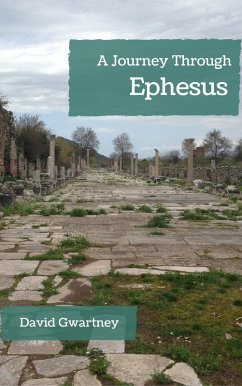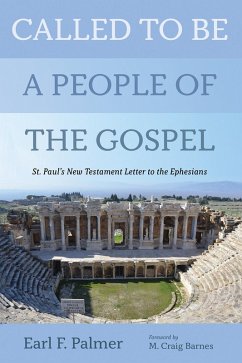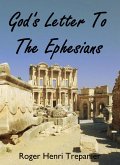It was this same city that also served as a base of operations for the Apostle Paul's ministry to the province of Asia. Paul spend two to three years calling this city home, engaging the people and the surrounding pagan culture. So when Paul wrote his Biblical letter to the Ephesian church he founded, he wrote to a city that he was familiar with and knew held influence over the entire region.
What can be learned when not only the book of Ephesians is studied, but the history of the city is considered, along with insights from both Roman and Greek culture, both of which shaped the city? Can we begin to see allusions to this city in Paul's letter to Ephesus? What is to be made of some present-day assertions that Ephesians was not written to the city of Ephesus, nor even written by the Apostle Paul? A Journey Through Ephesus begins with the history of Ephesus, then provides a narrative commentary on Ephesians, and concludes with an examination of what happened to the church Paul founded. The entire context of The Greco-Roman culture of the city begins to emerge when we understand Paul's purpose and audience in this comprehensive study of the book of Ephesians.
Dieser Download kann aus rechtlichen Gründen nur mit Rechnungsadresse in A, B, CY, CZ, D, DK, EW, E, FIN, F, GR, H, IRL, I, LT, L, LR, M, NL, PL, P, R, S, SLO, SK ausgeliefert werden.









